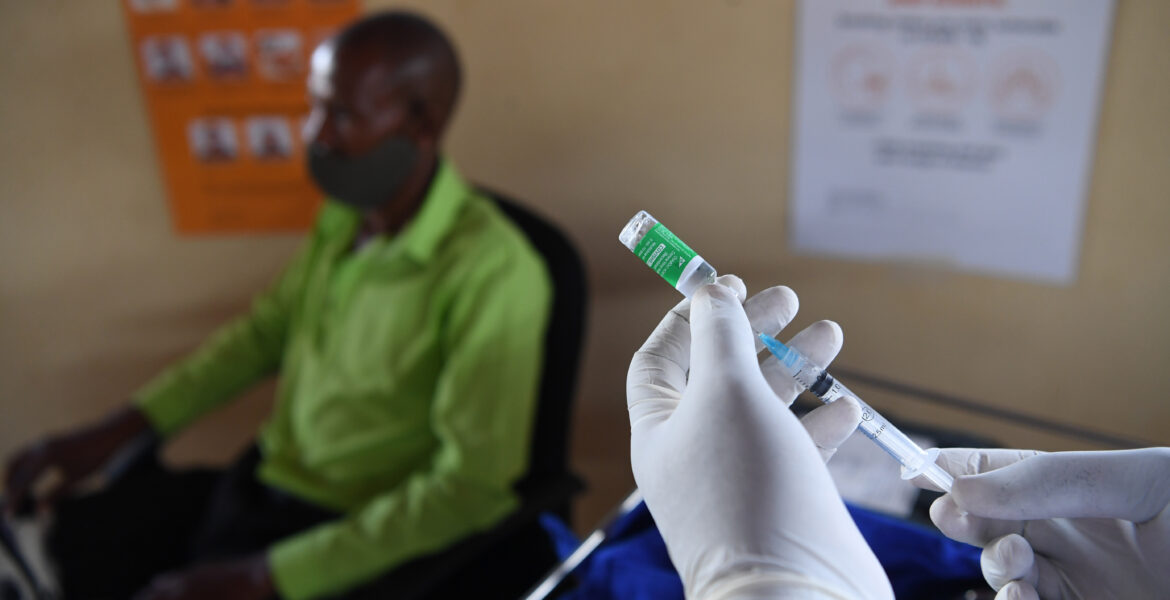- Says doctors have treated patients with infectious diseases like TB, Ebola and MERS
- Doctors will take precautions and encourage patients to take vaccines as they treat them
GAZETTE REPORTER
Medical doctors have pledged not to discriminate against people unvaccinated for COVID-19 after the vaccination period, The Botswana Gazette has established.
The Secretary General of Botswana Doctors Union, Dr Charles Munyela, says medical experts will take precautionary measures and encourage people to take vaccines when treating unvaccinated patients beyond the vaccination period.
“We currently have a lot of patients who are not vaccinated,” he said in an interview. “Our patients include the pediatric population that has not received a single COVID-19 vaccine. The commitment is there, especially that healthcare workers have personal protective equipment and vaccines in their arsenal.”
He noted that doctors have been doing this “most difficult job” before the first vaccines arrived last year. “We should treat all patients the same way,” he emphasised. “Our duty is to the patient first. We have treated patients with other infectious diseases like TB, Ebola and MERS before COVID-19. For those who have a dilemma about seeing unvaccinated patients, I say remember your oath and have faith in the vaccines that we have received.”
“We will also continue to make sure that we wear personal protective equipment like surgical or N95 masks, goggles and gloves. We will sanitize and wash our hands. We also screen our patients when they on arrival and test suspect COVID-19 cases or those who need admitting in hospital.”
Dr Munyela said people should continue to get vaccinated in spite of the current downward trend in infections and because more vaccines are coming. He conceded that the doctor-patient relationship has changed significantly and human to human interaction waned since the advent of COVID-19.
“Unvaccinated patients do pose a threat to doctors as they are more likely to need hospitalization, increasing working hours and fatigue and compromising overall care for other patients,” he noted. “They are more likely to harbour the SARS-CoV-2 virus, leading to the likelihood of it mutating and causing another wave that can take the lives of doctors as well as the general population.”

